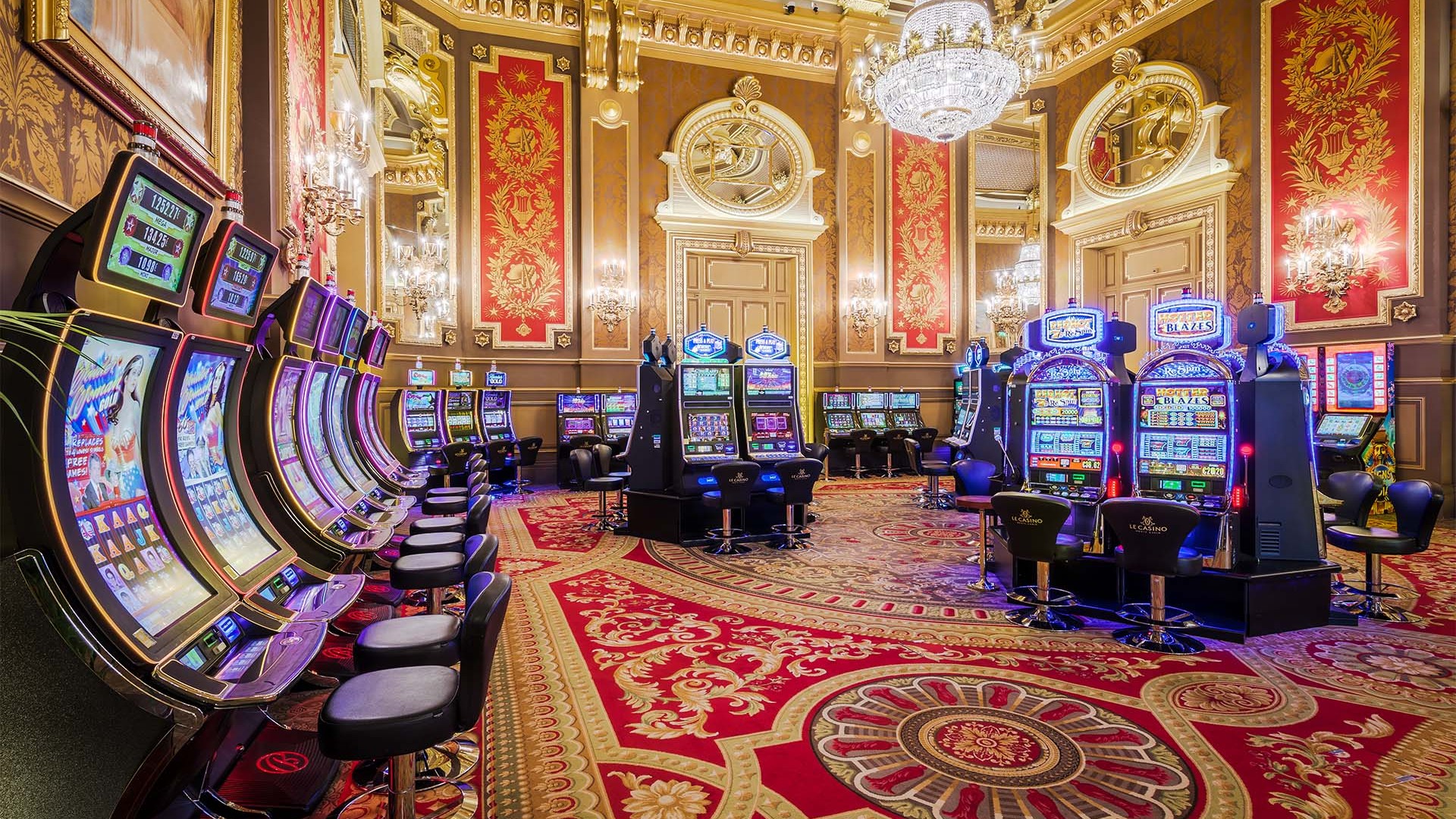In what way Gambling Games Reflect the Humanity’s Experience

Casino entertainment have long been a staple in human culture, offering not just entertainment but a intriguing reflection of our aspirations, dreams, and fears. From the rotating wheels of a slot machine to the skill-based strategies of poker, these games represent a range of human feelings and incidents. At their core, casino games are more than a chance to make profits; they are a snapshot of life itself, where danger and gain intertwine and luck can change in an moment.
As players convene around tables or sit in front of glowing machines, they participate in a ritual that transcends mere playing. These games echo our natural desires for connection, thrill, and the quest for chance. They also disclose deeper truths about human nature, such as our relationship with fate and the adrenaline of the unknown. In exploring casino games, we discover not only the rules of play but also the rich tapestry of the human journey, showcasing our woven narratives of aspiration and reality.
The Mind Behind Gambling
Wagering is deeply rooted in the psyche of individuals, appealing to various emotions and wants. The excitement of risk-taking is a core aspect that draws players in, be it the thrill of spinning a roulette or the excitement of drawing a winning card in poker. This rush of adrenaline is often compared to other forms of thrill, as the uncertainty of outcomes triggers a unique psychological response. Players often find themselves captivated by the chance of winning big, leading to an almost magnetic draw toward casino games.
Another, an essential component of the psychology behind gambling is the concept of hope and ambition. Participants often indulge in fantasies of financial freedom and the luxurious lifestyle that can accompany winning. This optimism fuels their ongoing participation in casino games, as it provides a sense of purpose and the belief that a life-changing win could be just one wager away. The story of beating the odds and achieving success resonates with many, reinforcing their commitment to play and engage with these games.
Lastly, social aspects play a crucial role in gambling psychology. Gambling venues are designed to promote social interaction, where players gather to share the journey of wins and losses. This communal aspect not only amplifies enjoyment but also affects behavior, as individuals often mimic the actions of others in their vicinity. The collective approval found in shared excitement can magnify the emotional experience, making casino games a reflection of not just personal desires but also collective engagement within the gaming community.
### Risk and Reward: A Double-Edged Sword
Gambling activities embody the fragile balance between danger and reward that resonates deeply with human psychology. The rush of placing a wager is often accompanied by a surge of excitement, as gamblers are confronted with the chance of striking it rich, yet conscious of the possibility to lose. This dual experience reflects a core aspect of life: the choices we make often come with intrinsic risks, and the pursuit of reward can compel us to make risky moves we might not typically consider. In this way, gambling activities mirror real-world choices, enticing players to gamble not just their capital, but also their hopes.
The allure of grand jackpots and winnings fuels a wave of hope, inspiring gamblers to envision a brighter future that could manifest from a single victorious spin of the roulette or dealing of a hand. This hope can drive individuals to engage in greater risks, pushing them to push their boundaries in search of economic benefit. However, just as in life, the outcomes of these decisions can lead to both victory and failure. The stories of both jackpot winners and those who have faced losses everything at the tables demonstrate the chaotic nature of chance and its consequential impact on our futures.
Ultimately, the interaction of engaging with casino games serves as a vivid illustration of the nature of humanity. Every game played is imbued with the tension of risk, as gamblers weigh the gains against the dangers. This interaction not only highlights the thrill that comes with betting but also unveils the risks that come with the desire for more. As we explore the challenges of choice and consequence in both the casino and in life, we find that the quest for gain shapes our sense of self and experiences in profound ways.
Community and Isolation in Casino Culture
Gambling culture is a special mix of communal engagement and personal pursuit, reflecting the tensions of human experience. Players often come together around games, experiencing in the thrill of the action, rejoicing in wins, and sympathizing over losses. This social aspect is essential, as it fosters a sense of belonging and camaraderie among varied groups of people. Regular visitors to casinos may form friendships and develop routines, turning the casino into a second home where they experience linked to a greater community of gamblers.
However, the appeal of gambling activities can also result to loneliness. As players become immersed in the excitement of gambling, they may isolate from personal connections or fail to interact with the environment outside the casino. For some, the search of a jackpot can overshadow genuine relationships, leading to isolation. The situation of being surrounded people yet experiencing solitary is not uncommon, as the focus shifts from shared enjoyment to the private stakes of each individual’s journey. sin88.name
This interaction of society and isolation creates a vivid tapestry that defines casino culture. It showcases the intricacy of social interactions, where joy and despair exist together. Gambling venues serve as both a refuge for social interaction and a stage for individual struggles, demonstrating how deeply entwined our yearning for companionship and the personal quest for wealth can be. In navigating this landscape, gamblers confront their own stories—seeking both the thrill of the game and the fellowship of other players, ultimately reflecting the broader spectrum of human experience.